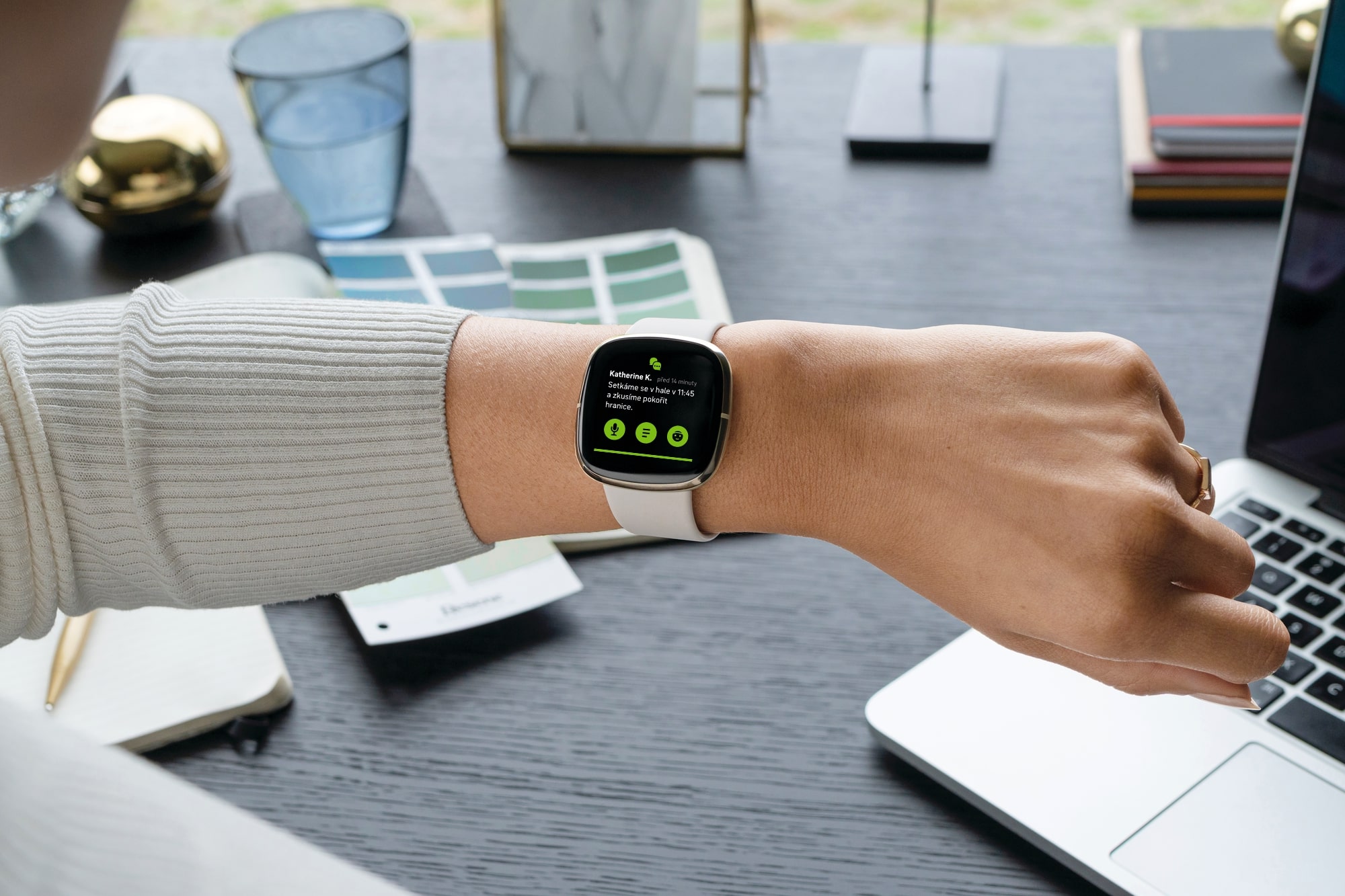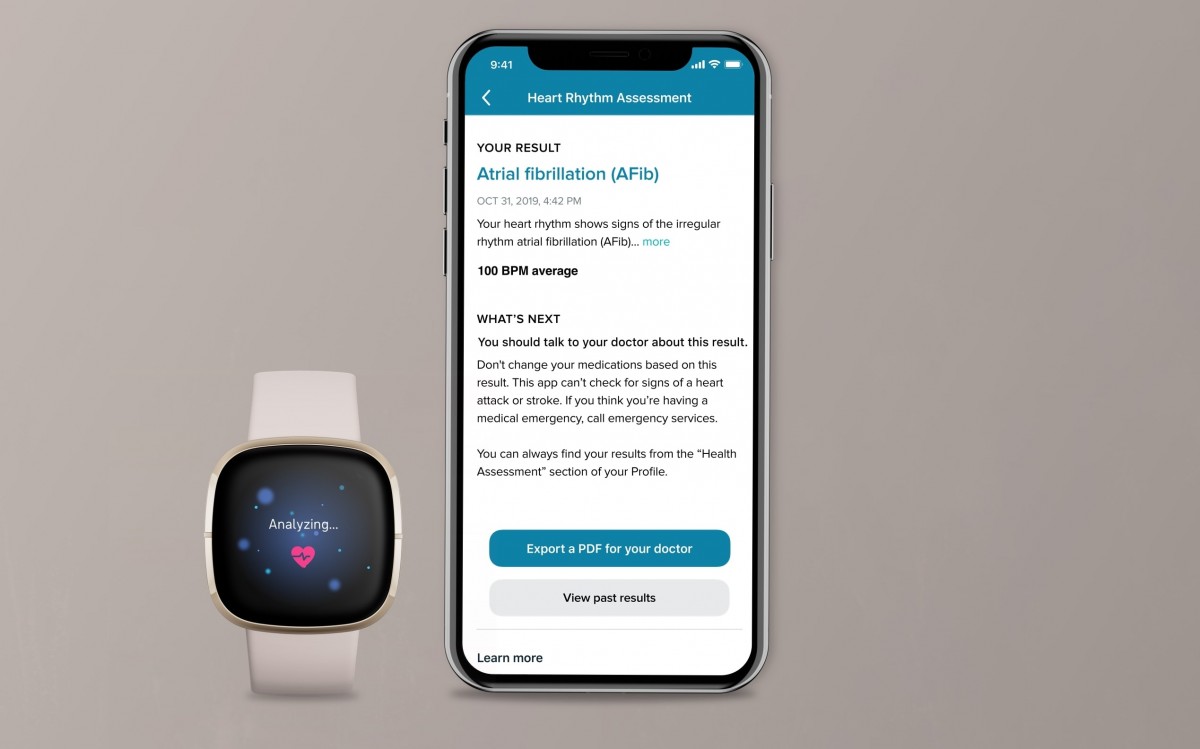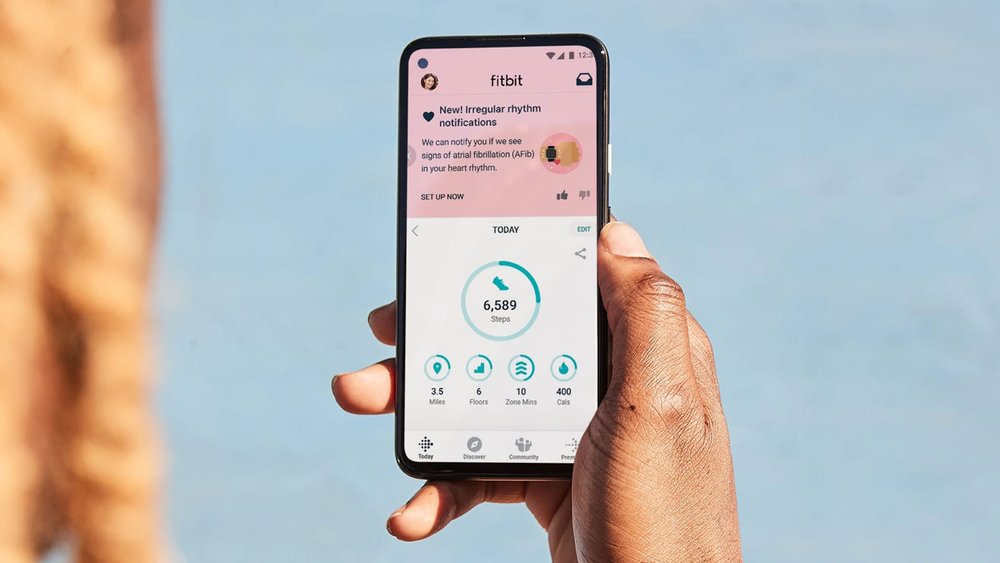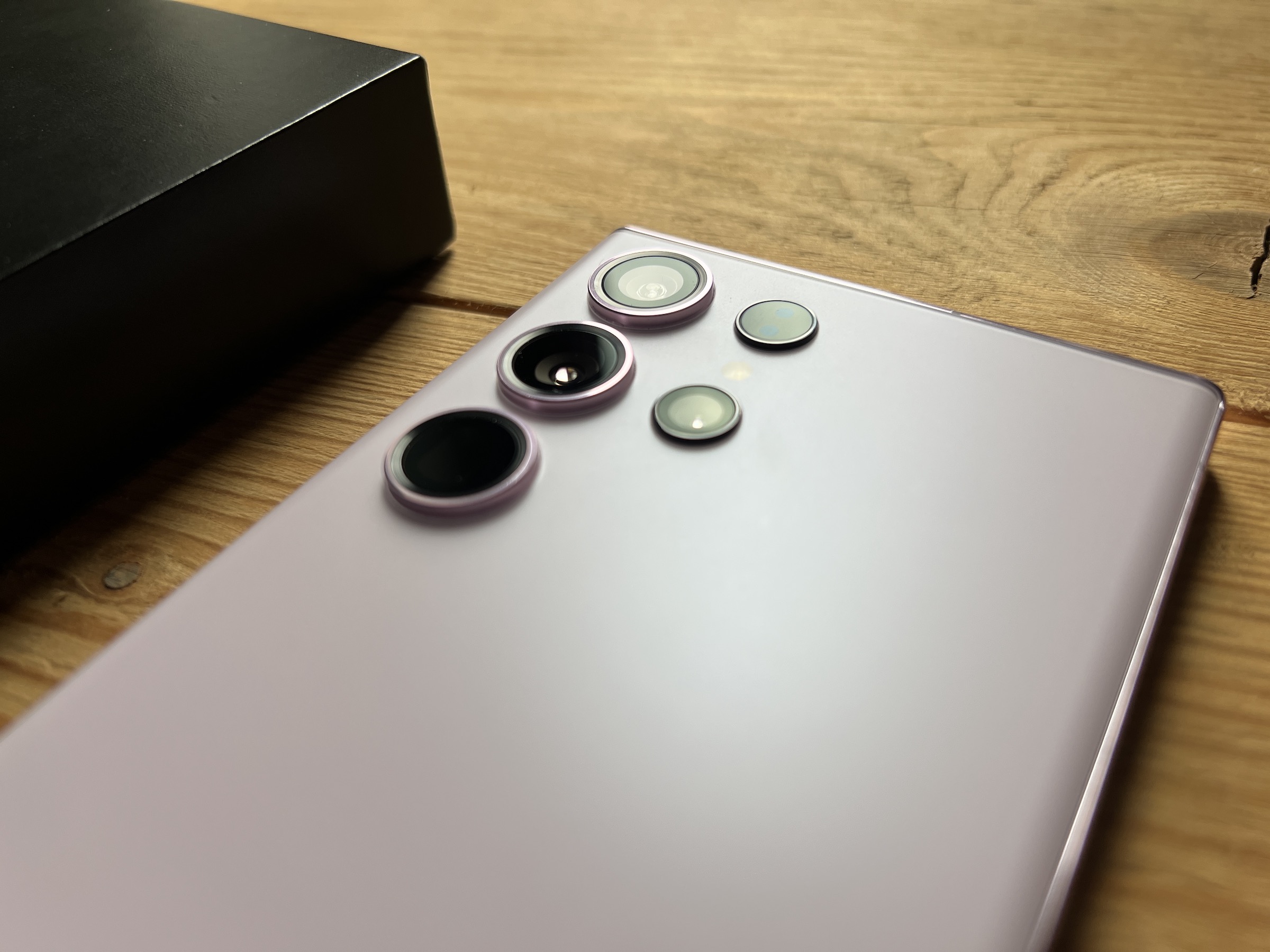Fitbit, owned by US tech giant Google, announced yesterday that it has received approval from the US Food and Drug Administration for its PPG (plethysmographic) algorithm to detect atrial fibrillation. This algorithm will power a new feature called Irregular Heart Rhythm Notifications on select company devices.
Atrial fibrillation (AfiS) is a form of irregular heart rhythm that affects nearly 33,5 million people worldwide. Individuals suffering from FiS have a five times higher risk of having a stroke. Unfortunately, FiS is difficult to detect, as there are often no symptoms associated with it and its manifestations are episodic.
The PPG algorithm can passively evaluate the heart rhythm when the user is asleep or at rest. If there is anything that could indicate FiS, the user will be alerted via the Irregular Heart Rhythm Notifications feature, allowing them to talk to their healthcare provider or seek further assessment of their condition to prevent serious health complications such as the aforementioned stroke .
When the human heart beats, blood vessels throughout the body dilate and constrict, according to changes in blood volume. Fitbit's optical heart rate sensor with PPG algorithm can record these changes directly from the user's wrist. These measurements determine his heart rhythm, which the algorithm then analyzes to find irregularities and potential signs of FiS.
You could be interested in
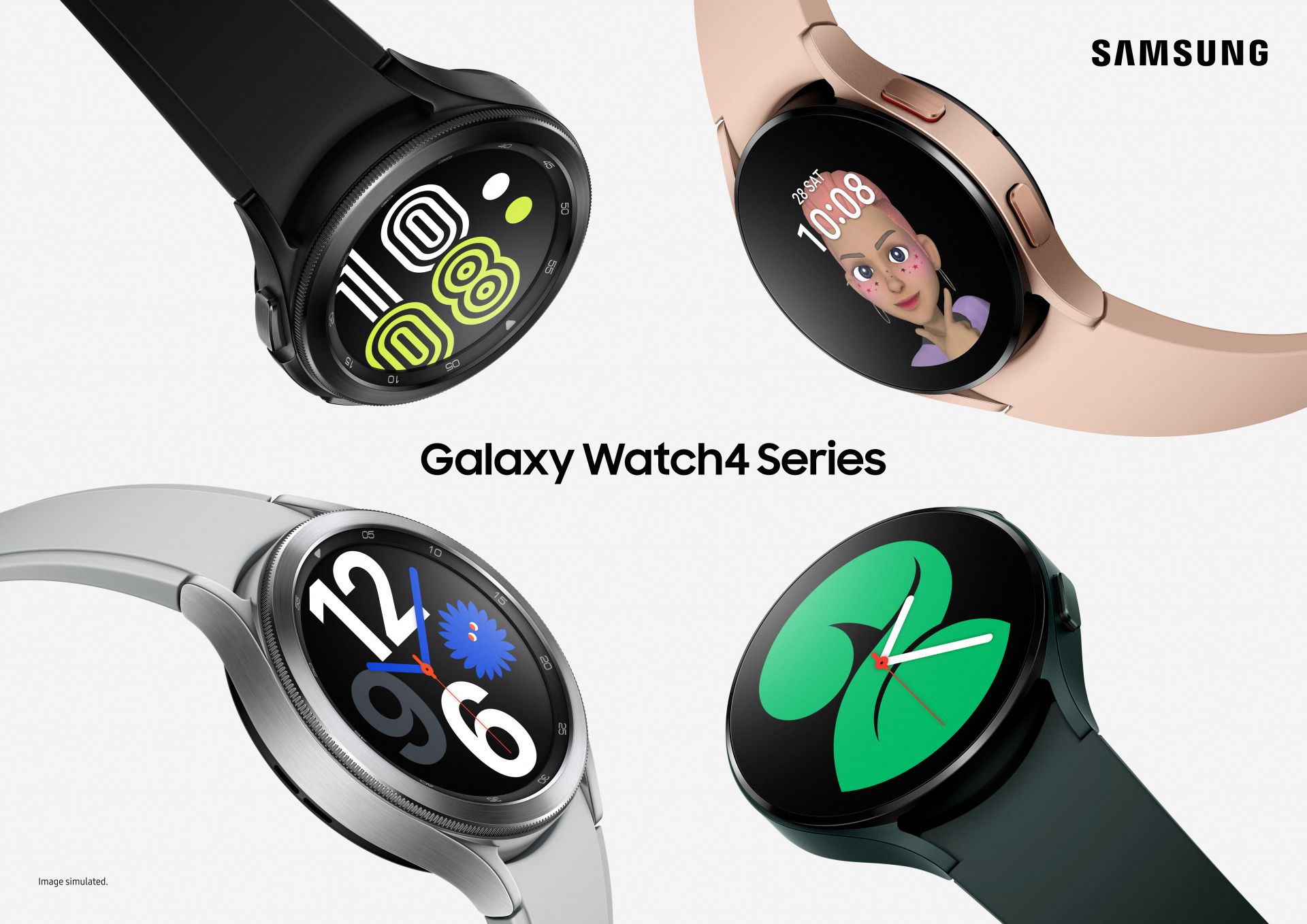
Fitbit can now offer two ways to detect FiS. The first is to use the company's EKG app, which allows users to proactively test themselves for potential FiS and record an EKG that can then be reviewed by a doctor. The second method is the long-term evaluation of the heart rhythm, which will help to identify asymptomatic FiS, which might otherwise go unnoticed.
The PPG algorithm and Irregular Heart Rhythm Notifications feature will soon be available to US customers across Fitbit's range of heart rate-capable devices. Whether it will expand to other countries is unclear at this time.

